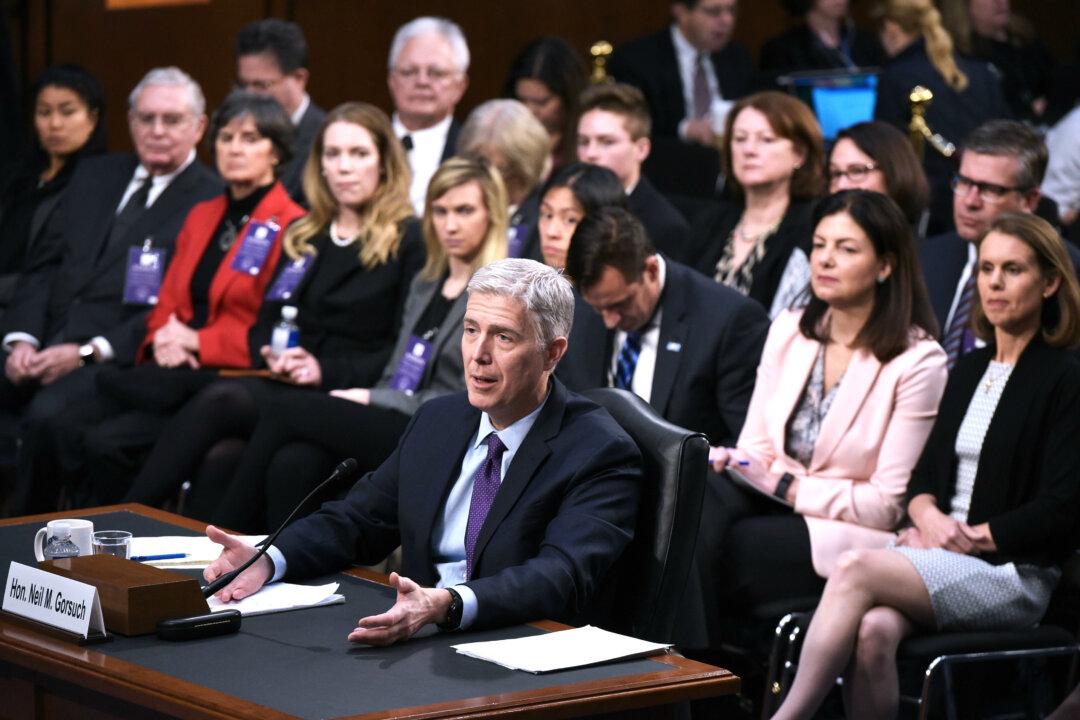During sometimes tense confirmation hearings, senators grilled Supreme Court nominee Judge Neil Gorsuch in an attempt to draw out how he would shape future decisions. Perhaps the most consequential of Gorsuch’s views is his belief that a 1984 Supreme Court decision should be overturned.
At issue is the Supreme Court’s Chevron decision (Chevron U.S.A., Inc. v. Natural Resources Defense Council, Inc.), which deals with the authority that federal agencies have to make rules.





